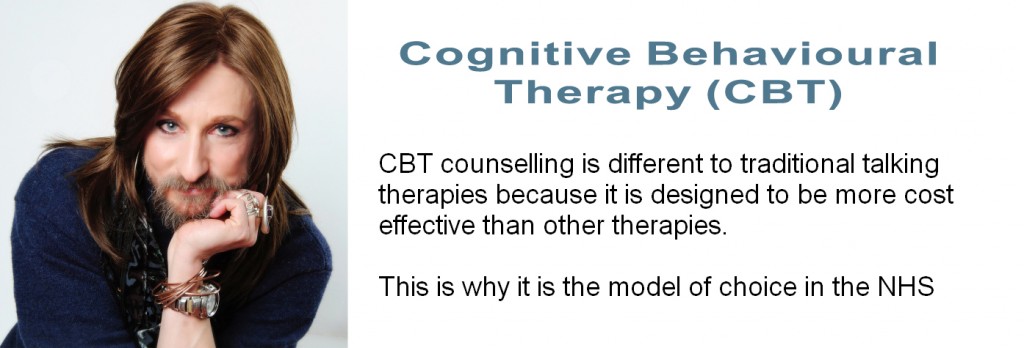Are you wondering if counselling will work for you?
People who come to counselling for the first time, often arrive with a real sense of desperation and hopelessness but can also struggle with internalised guilt or shame about what it means to seek help from a counsellor. There is often uncertainty too about what the process will involve or what it might offer.
Coming to counselling for that first session then, can be pretty nerve-racking and take a lot of courage but it is the first step in a process that can really make a difference in your life. In this article I illustrate through an illustrative case study how the process worked for a client I will call Hannah.

Click on the image to Read Hannah's story
CBT Counselling: more than just ‘talking therapy’
The advantage of CBT as a counselling model is that it is more pro-active than other models of therapy. Counselling first emerged as a therapeutic intervention in the mid part of the 20th century. As a reaction against the formal structure and diagnosis of psychiatry, psychologists started to explain emotional distress in terms of either learned behaviour (operant conditioning) or repressed unconscious desires (Freud and the early psychoanalytic movement). < a href=http://en.wikipedia.org/wiki/Carl_Rogers target="_blank">Carl Rogers emerged with a humanistic philosophy in the 1940’s, writing ‘Client Centred Therapy’ in 1951. Much of the counselling and psychotherapy of the latter part of the 20th century built on this humanistic person-centred philosophy. At this time, therapy was seen as a luxury since it involved attending regular sessions over several years: the cost was prohibitive for many.
In the 1960’s Aaron Beck sought to build a more effective form of therapy – one that would get to the root of the problem and empower the client to have the tools to ultimately solve their own problems. Cognitive behavioural therapy (CBT)
Researchers, clinicians and academics have developed the model over the past fifty years so that now it is established as a reliable and effective form of therapy. CBT is the therapy of choice for NICE and the NHS because it is the one school of counselling that has a research base to support its efficacy.

